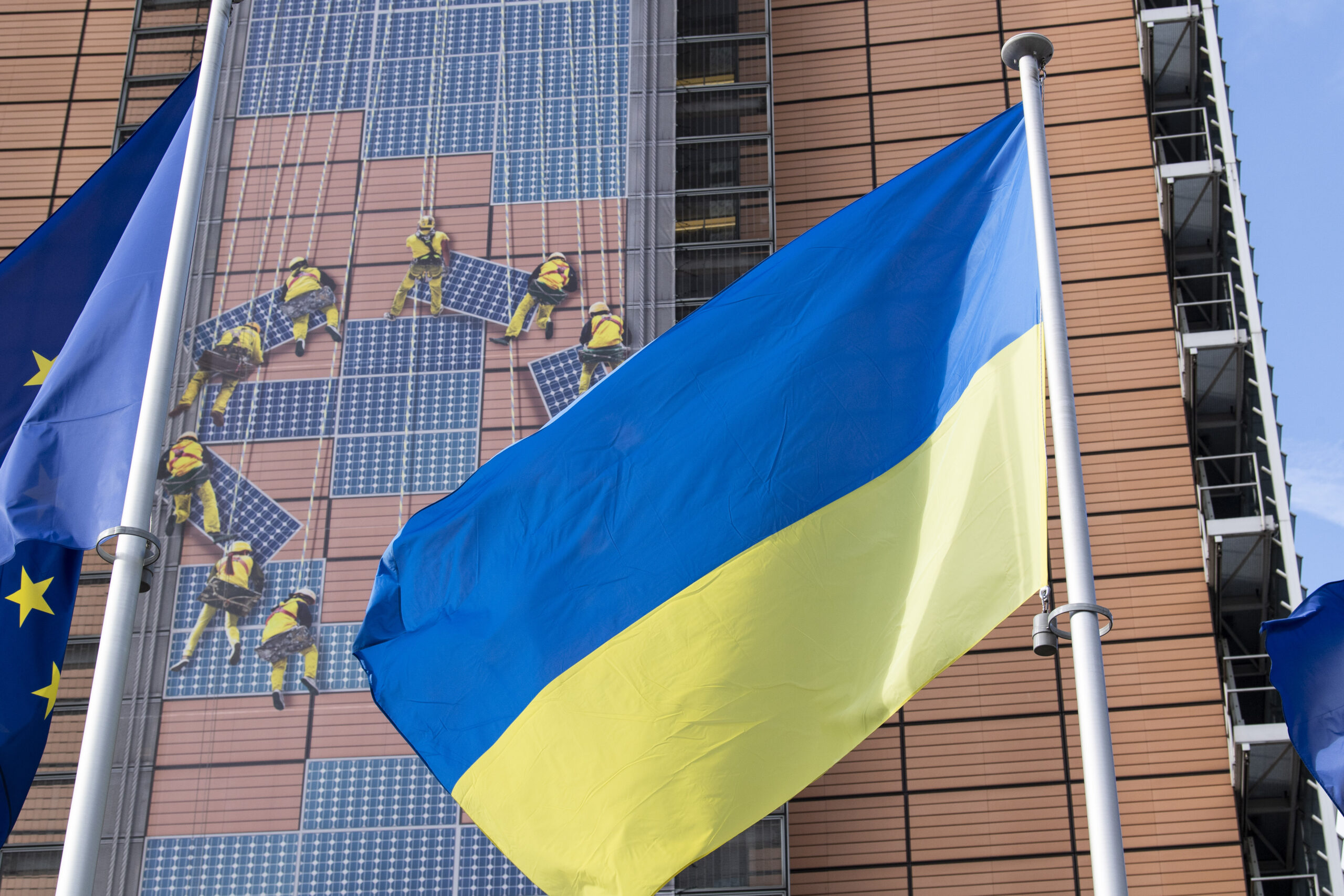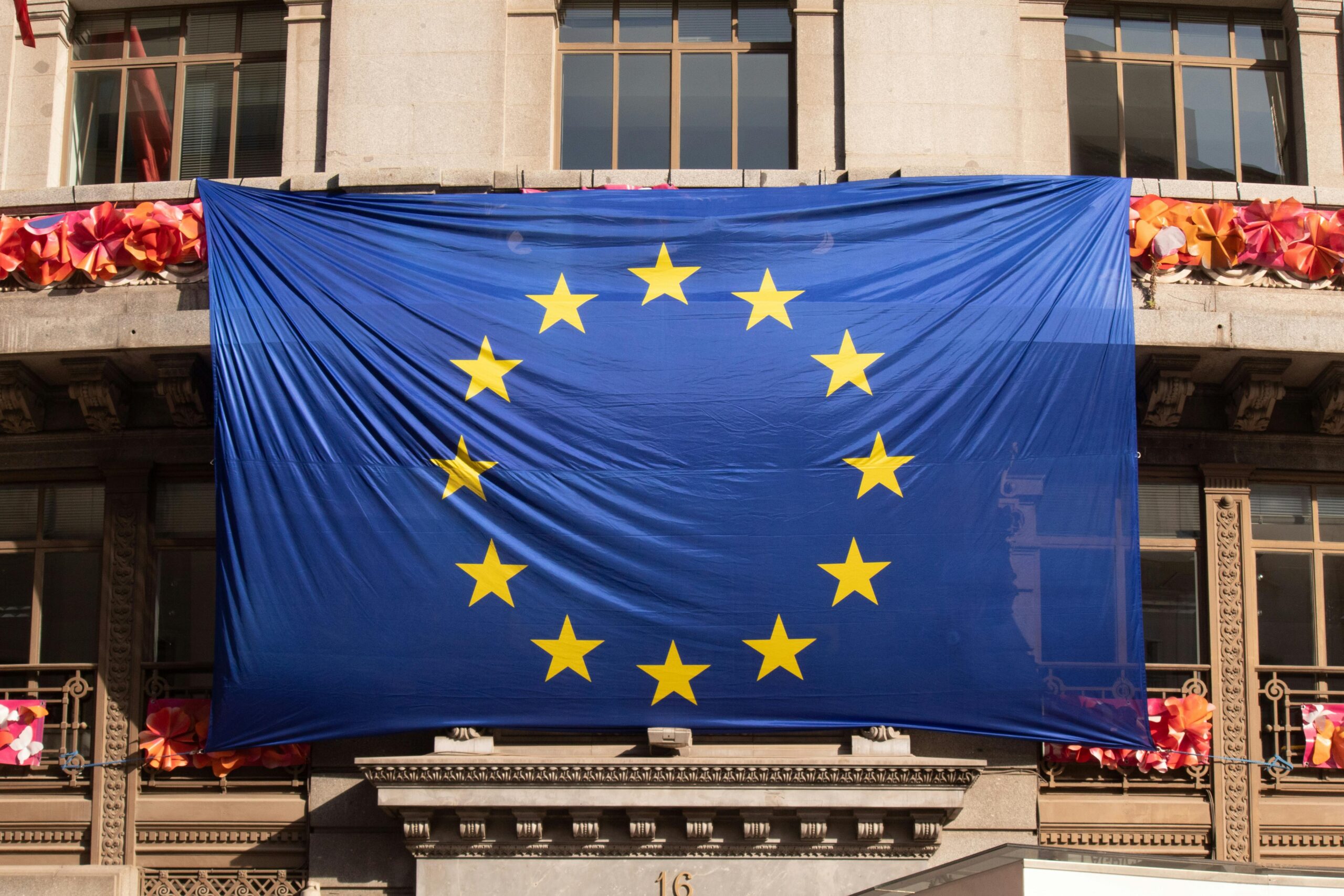On 3 December, the European Parliament and the Council of the EU reached a provisional agreement to postpone the implementation of the EU’s Regulation on deforestation-free products by one year. This delay extends the deadline for compliance to December 2025 for large companies and June 2026 for SMEs. The decision followed feedback from member states, European political groups, businesses, and non-EU countries, citing challenges in meeting due diligence requirements by the original deadline.
The delay aims to provide stakeholders, ranging from producers in tropical regions to EU-based importers, additional time to establish robust due diligence systems. These systems will track and certify that commodities and products are free from deforestation and comply with the legal standards of the country of origin. Jessika Roswall, the new Commissioner for Environment, hailed the agreement and assured that the delay gives “additional certainty and predictability to businesses”.
Background
The EU’s Regulation on deforestation-free products is a pivotal piece of environmental legislation designed to minimise the EU’s contribution to forest destruction worldwide. This comprehensive law ensures that commodities sold within or exported from the EU are deforestation-free, targeting “high-risk products” such as cattle, cocoa, soy, coffee, and palm oil. Thus, this regulation tackles a significant environmental challenge by supporting the ambitious goals of the EU Green Deal to combat climate change and preserve natural ecosystems.
Controversies
The law faced significant political hurdles, particularly from the centre-right European People’s Party (EPP) group in the European Parliament. The EPP attempted to include a “no risk” category, exempting low-deforestation regions from due diligence checks, which faced backlash for potentially undermining the law’s integrity. Critics, including NGOs, warned it could create loopholes and incompatibility with WTO rules. This proposal was ultimately abandoned following resistance from EU member states.
In addition, some businesses and the EPP expressed concerns about the administrative burden of compliance, calling for simplified processes. In response, the Commission has pledged to streamline reporting requirements during the regulation’s review no later than 30 June 2028.
Finally, nations like Brazil, Indonesia and Malaysia have criticised the law as discriminatory, arguing that it penalizes developing countries undergoing agricultural expansion while favouring EU producers.
Conclusions
The EU Deforestation Regulation represents a landmark approach to addressing global environmental challenges. By creating a robust framework that requires companies to demonstrate the deforestation-free origin of their products, the EU is leveraging its market influence to drive sustainable practices worldwide.
While the implementation timeline has been extended to ensure smoother adoption, the core objective remains unchanged: minimising the EU’s contribution to global deforestation and supporting more sustainable, environmentally responsible supply chains.

